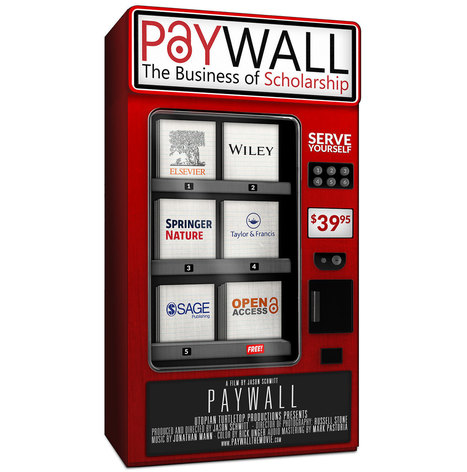Teaching in the 21st century involves trying new ways to engage students, but also a willingness to change innovative practices that didn’t pan out
Research and publish the best content.
Get Started for FREE
Sign up with Facebook Sign up with X
I don't have a Facebook or a X account
Already have an account: Login

Leadership within education is always a challenge, but in the rapidly changing technology landscape we now work in, it seems even more daunting. I've collected some interesting reflections on educational leadership here. Enjoy!
Curated by
Peter Mellow
 Your new post is loading... Your new post is loading...
 Your new post is loading... Your new post is loading...
|

elearning at eCampus ULg's curator insight,
March 7, 2016 3:14 AM
"Educators will see how other teachers teach and how their teaching style varies. With MOOCs, you can make your teaching style positive."

Jesus Sandoval's curator insight,
March 7, 2016 7:39 PM
Why are MOOCs and OERs Must for Higher Education Leaders by Prasanna Bharti talks about the idea that online courses should, for the most part, be mainly for this students who continue on to further their education after High school. By doing so, these students could have certain enriching benefits. These benefits include: working with professors at well-known institutions across the globe or country, being in class while being anywhere else, and students would learn new trends and information to stay abreast. The article states that MOOC is an economic way to further an education. Finances are usually the number one cause students don't continue on to college after their high school graduation. This article spoke out to me because I believe that if there is any opportunity for someone who can’t afford the ridiculous expenses of college, they should go for it. My audience for this would have to be anyone who wants to further their education by economically attending college classes, even if they’re online. The great thing about this system is that it is offered in multiple languages. From English to French to Chinese; therefore, anyone can try it out.
|















